Publications
Articles, publications, books, tools and multimedia features from the U.S. Institute of Peace provide the latest news, analysis, research findings, practitioner guides and reports, all related to the conflict zones and issues that are at the center of the Institute’s work to prevent and reduce violent conflict.
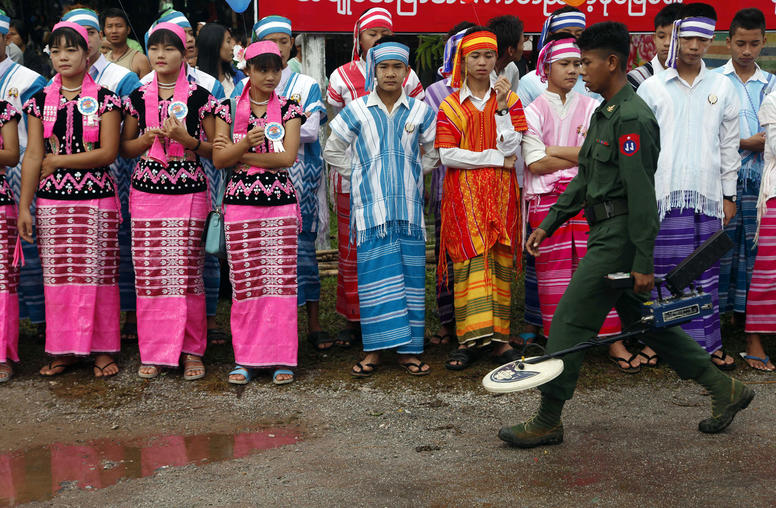
Why Burma’s Peace Efforts Have Failed to End Its Internal Wars
After seven decades of civil war and five failed peace efforts, Burma is no closer than before to reaching an agreement that would bring an end to its many conflicts. Analysis of those previous attempts shows that they all foundered on immutable attitudes on both sides. This report suggests that the peace process needs a fresh start, learning from the past and seeking to resolve underlying political disparities while prioritizing community interests and sustainable development.
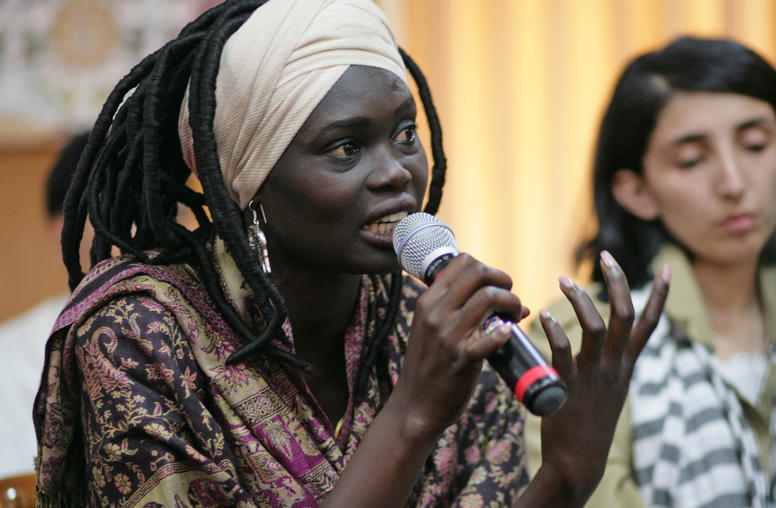
What Works in Youth Projects? Lessons for the Youth, Peace, and Security Field
Until the adoption of UN Security Council Resolution (UNSCR) 2250 in 2015, the international community had no comprehensive framework with which to address the specific needs and opportunities of a key demographic group—young people. This report presents the findings of a meta-review assessing fifty-one youth projects supported or implemented by USIP between 2011 and 2018 and offers recommendations for continuing to develop and support peacebuilding activities with effective engagement, cooperation, and flexibility among civil society organizations and funders.

Susan Stigant on Sudan’s Latest Peace Agreement
Sudan’s transitional government has signed a peace agreement to end a number of long-standing conflicts and civil wars. USIP’s Susan Stigant says this is a positive sign for democratic progress, as “one of the promises of the revolution was to seek peace,” but cautioned that the real “work only begins once the ink is on the paper.”

Ann Phillips on Azerbaijan-Armenia Conflict
As fighting over Nagorno-Karabakh continues to escalate, USIP’s Ann Phillips breaks down the complex geopolitical stakes that have sprung up around the conflict, which “has been simmering, and ebbing and flowing, ever since the implosion of the Soviet Union.”

Sarhang Hamasaeed on the Anniversary of Iraq’s Protests
A year after Iraqis took to the street, USIP’s Sarhang Hamasaeed says, “The spirits of the protest remain strong,” but that reforms undertaken so far don’t match the scale of the crises facing Iraq: “

Kathleen Kuehnast on the 20th Anniversary of UN Resolution 1325
Two decades after the passage of the landmark resolution on women, peace and security, USIP’s Kathleen Kuehnast points to the 86 countries that have taken action to address the unique experience of women in conflict as proof of progress, but says that getting women more involved in peace processes is “a long game … it is difficult to find room for women at any table.”
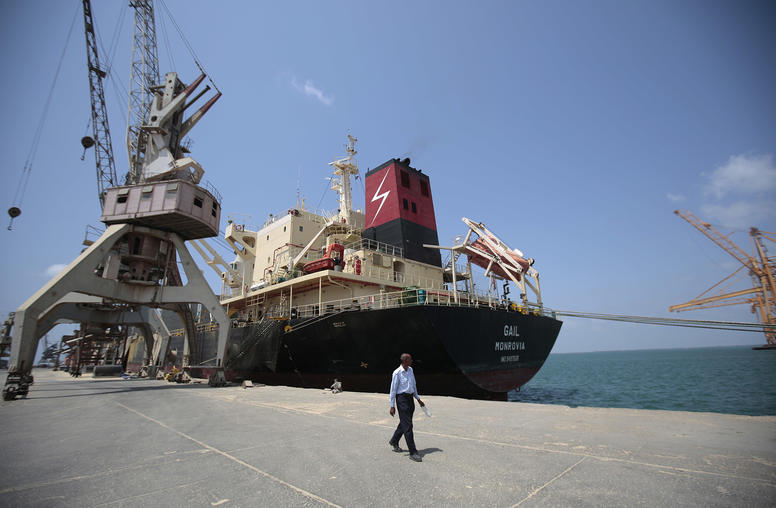
Final Report and Recommendations of the Senior Study Group on Peace and Security in the Red Sea Arena
Between May 2019 and September 2020, the United States Institute of Peace convened a bipartisan senior study group to consider the factors that have reshaped the Red Sea arena. The study group determined that, in recent years, the geopolitical and geo-economic dynamics of the Horn of Africa have become tied to the Middle East and broader Indian Ocean in a manner unprecedented in the last century. However, U.S. strategy in this evolving environment has struggled to keep pace with these interconnected, complex, and transregional dynamics and to account for the region’s increased relevance to U.S. interests. The final report of the senior study group defines U.S. interests within a hierarchy of priorities to assist policymakers in calibrating diplomatic, development, humanitarian, and security interventions and provides recommendations for defending and advancing these interests.
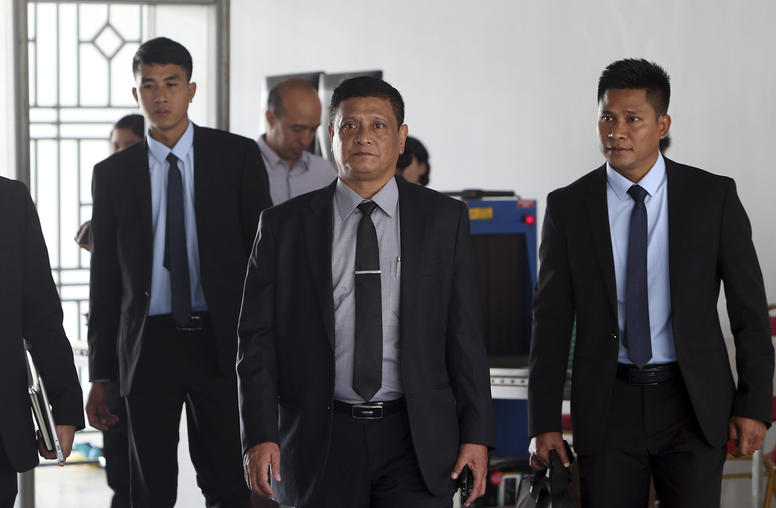
The Arakan Army in Myanmar: Deadly Conflict Rises in Rakhine State
Armed conflict in Myanmar’s Rakhine State between the Arakan Army and the Tatmadaw, the national army, has escalated sharply in the past two years. This development has been largely eclipsed, however, by the continuing international focus on the human rights crisis of the Rohingya Muslim minority. As this report explains, if this new conflict continues to expand in scope and ferocity, the hope of repatriating Rohingya refugees will recede into the future and the rest of the country will suffer from the increasing violence and destabilization.
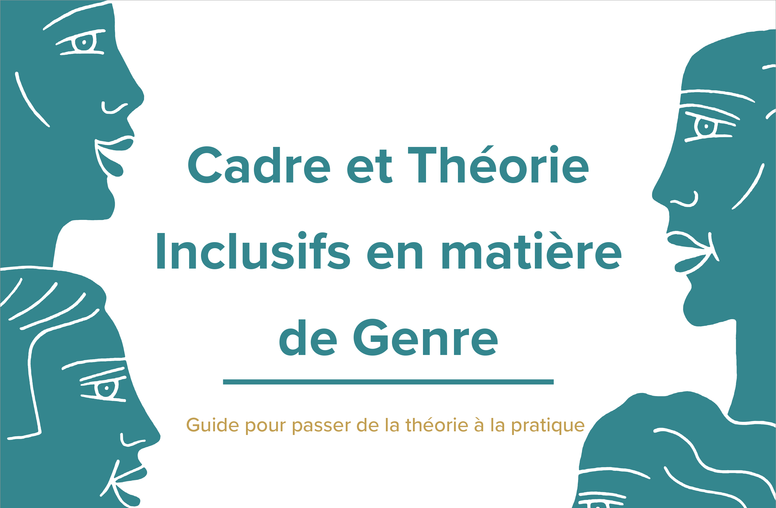
Gender Inclusive Framework and Theory (French)
Le guide du Cadre et de la Théorie Inclusifs en matière de Genre (CTIG) est un outil accessible et complet qui facilite l’intégration de l’analyse de la question du genre dans la conception d’un projet. Dans la mesure où le travail de consolidation de la paix dépend du contexte, le CTIG propose trois approches relatives à l’analyse de genre : l’approche femmes, paix et sécurité ; l’approche des masculinités pacifiques ; et l’approche des identités croisées, qui éclairent chacune la dynamique de genre dans un environnement donné pour mieux façonner les projets de consolidation de la paix.
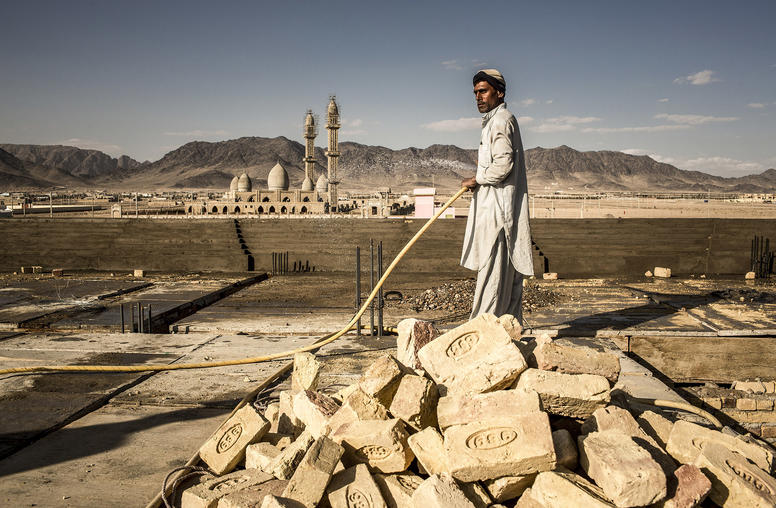
Pathways for Post-Peace Development in Afghanistan
Even if the warring parties in Afghanistan manage to secure a still-elusive agreement on resolving the current conflict, significant economic challenges remain for the country, which will require continued assistance and support for core government functions. This report, based on an examination of Afghanistan’s recent development performance, provides a framework for how the Afghan government and its donor partners can more effectively deliver equitable development going forward.